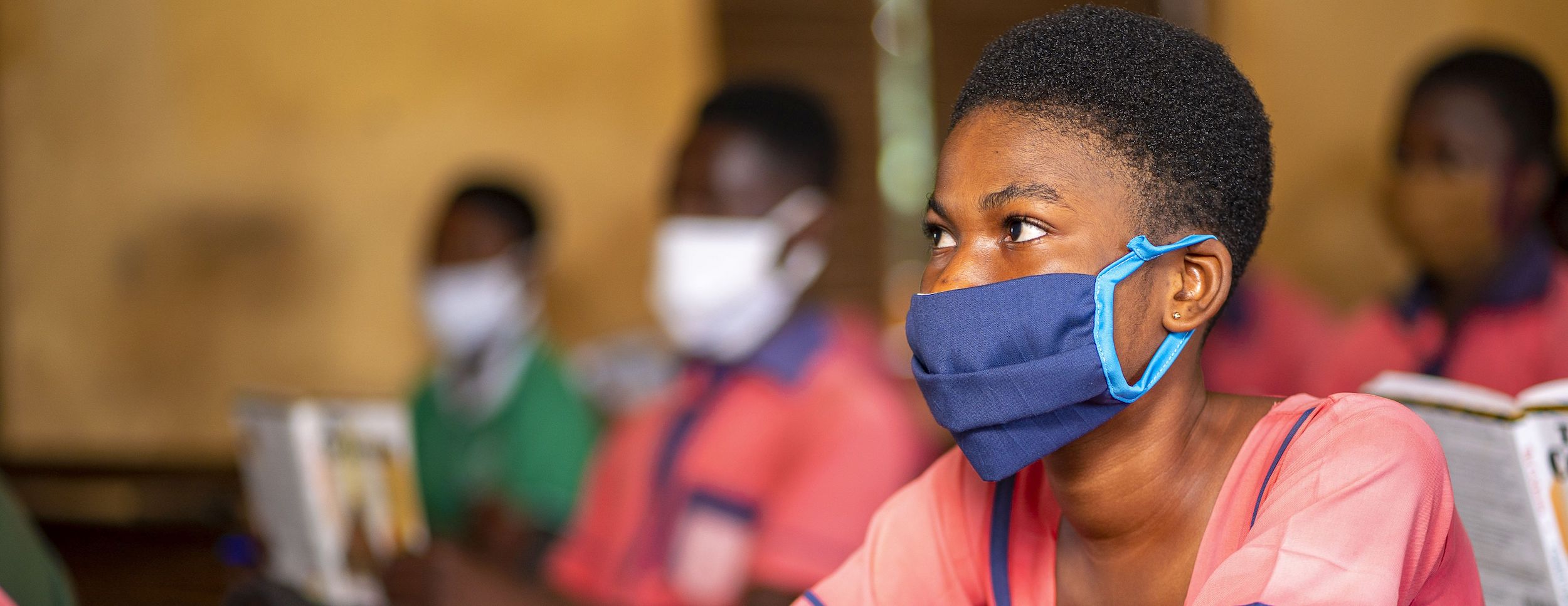- Who We Are
- How We Work
- Regional / Country Initiatives
- Legacy
- Core Themes
- Working Groups
- Portfolio & Results
- Newsroom
- Resources
COVID-19 and Informality—Good Practices for Reducing Risk and Enhancing Resilience


The COVID-19 crisis is not just a public health crisis, as it has had a wide range of social, economic, and political impacts on the world, and most of these impacts have fallen strongly on cities. Local governments need to respond to the immediate crisis and its long-term impacts and help lead the recovery process. The post-COVID recovery process is also an opportunity to make fundamental changes toward creating more equitable and sustainable cities.
This review is part of the Global Review Series on Informality. The paper first broadly discusses the impact of the COVID-19 pandemic and lockdowns on cities in the global South, using Cape Town, South Africa as an example. It then focuses on impacts on informality, that is, on residents in informal settlements and people who work in the informal economy. Next, the paper, using selected case studies, reviews good practices in reducing risks and recovering from the negative impacts of the pandemic in informal settlements and the informal economy.
There is no doubt that the COVID-19 crisis represents a major challenge to local governments, both in terms of the immediate response and addressing its long-term implications. The COVID-19 pandemic reaffirms that the built environment of cities is a key determinant of health and reaffirms the importance of the New Urban Agenda (NUA) and Sustainable Development Goal (SDG) 11, which includes the upgrading of informal settlements and other types of slums. COVID-19 has highlighted the importance of all the other SDGs as well. It has sparked many initiatives that will potentially contribute to meeting targets and indicators of the SDGs, such as the increased roll-out of water and sanitation and social safety net initiatives (such as food aid schemes). There have also been many innovative community initiatives to help mitigate the crisis, for example, social safety nets and bottom-up data collection.
The COVID-19 response/recovery strategy needs to prioritize interventions in informal settlements and for informal workers.
However, COVID-19 has also significantly set back the achievement of the SDGs. The huge economic impact of the lockdown, the resulting loss of revenue from decreased economic activity (resulting in less municipal revenue from service charges and in lower national government grant and subsidy allocations), and the reallocation of budgets for the healthcare response all make achieving the SDGs even more challenging.
To be able to use the shock of COVID-19 to transform cities to become more equitable and sustainable, it is essential that political authority with adequate resources is devolved to the local level and that there is a commitment to building dialogue, and exploring collaboration and co-producing solutions at the local scale.
Main Messages
- The COVID-19 crisis is not just a public health crisis, as it has had a wide range of social, economic, and political impacts on the world, and most of these impacts have fallen strongly on cities. Local governments need to respond to the immediate crisis and its long-term impacts and help lead the recovery process.
- The paper reviews good practices in reducing risks and recovering from the negative impacts of the pandemic in informal settlements and the informal economy.
- Key interventions include the following: the development and implementation of integrated and participatory multi-scalar city strategies to respond to the COVID-19 crisis and help lead the recovery process; interventions in informal settlements (such as upgrading water and sanitation infrastructure and reducing overcrowding); support to informal workers and their families (such as cash relief payments and food programmes); and support for grassroots initiatives to mitigate risk and help post-COVID recovery.
- The post-COVID recovery process is also an opportunity to make fundamental changes toward creating more equitable and sustainable cities.
- In the long term, it is essential to build the resilience of cities to future shocks through the integrated and participatory upgrading of informal settlements and the development of a more enabling policy environment and a comprehensive social protection system for workers in the informal economy.


